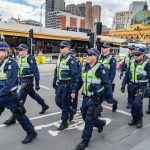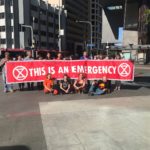“A Fundamental Attack on the Rule of Law”: Shoebridge on NSW Police Intimidating Lawyer

NSW Greens MLC David Shoebridge sent out a quick succession of social media messages late on 26 March, setting out the most outrageous details from a police watchdog report, involving an inquiry into two NSW police officers intimidating a solicitor on his way to court.
The Law Enforcement Conduct Commission (LECC) had just released its Operation Monza report, outlining that two strike force officers had bullied a criminal lawyer in a NSW regional town on the morning before he was to represent a client that their police unit had arrested and charged.
The officers were from controversial motorcycle club crime unit Strike Force Raptor. And they were in town as part of a contingent of officers who’d been summoned to appear in court by the lawyer in relation to the case of his client: a bikie facing five animal cruelty charges.
Strike Force Raptor has long had a reputation for taking things a little too far. The elite unit was established following the 2009 Sydney Airport bikie brawl that saw a member of the Hell Angels killed. And its officers have come under the scrutiny of the LECC police oversight body in the past.
In this latest inquiry, LECC Integrity Commissioner Lea Drake found that the two Raptor officers involved in intimidating and harassing the lawyer had engaged in serious misconduct, while the instruction to carry out these excessive measures constituted the same.
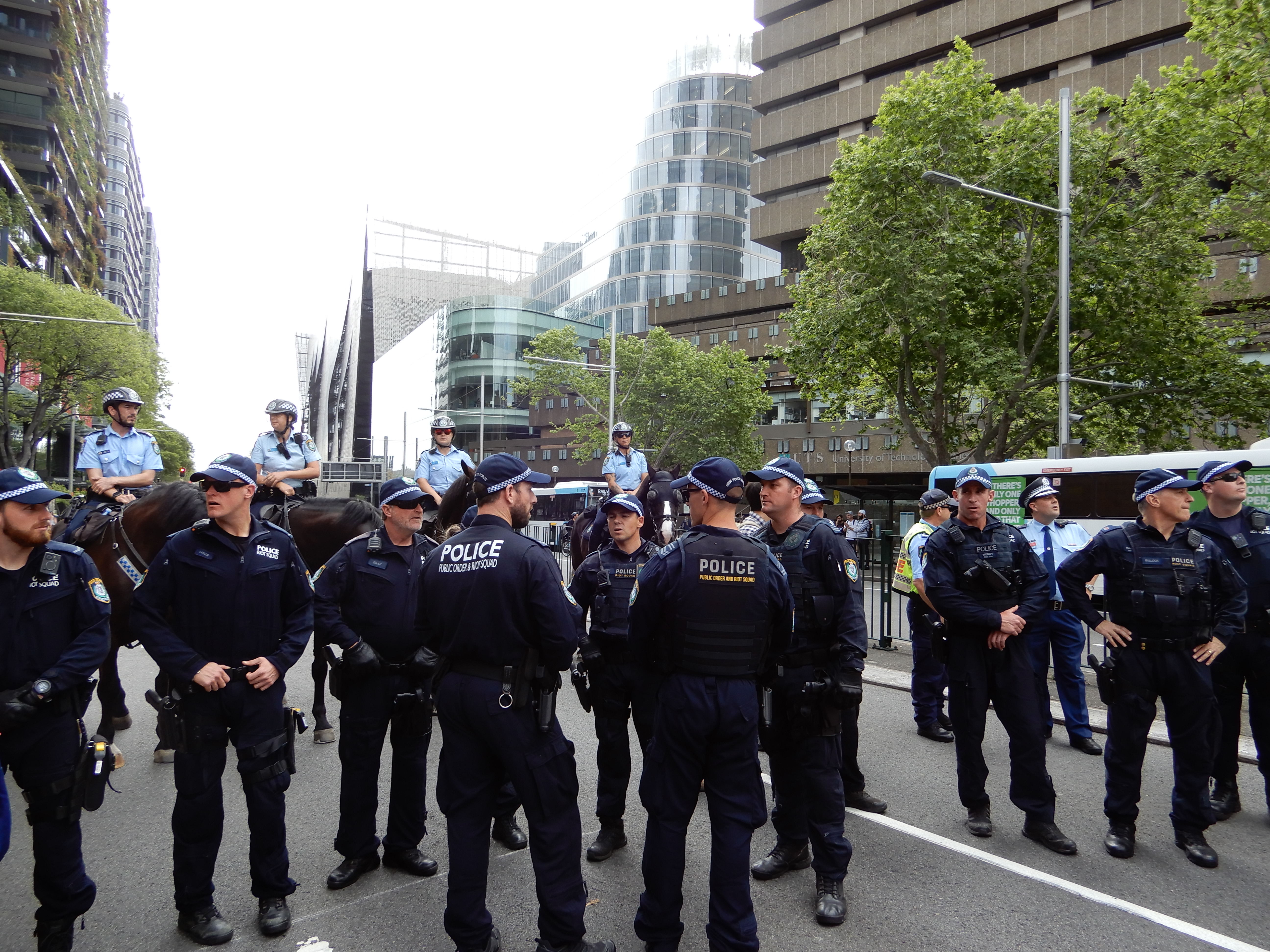
Right up the chain
“This was a fundamental attack on the rule of law by NSW police,” Shoebridge told Sydney Criminal Lawyers. “What’s perhaps most disturbing about that is it was at the direction of a senior police officer.”
“That direction was implemented without question by at least two police, as they harassed and intimidated a solicitor over a 24 hour period.”
The intimidation incidents occurred on 28 and 29 May 2019, in a northern NSW town. The initial day marked the first scheduled hearing into the trial of the solicitor’s client.
Despite NSW police requesting that its officers appear at the regional courthouse for the trial via audio-visual link, the lawyer required them to turn up in person, as the case involved evidence regarding directions and measurements.
On the night of 27 May, a group of Raptor officers were staying in a hotel preparing for court. And a commanding officer ordered a constable and a senior constable to target the solicitor on the following day, in an effort to ensure he didn’t “make it to court”, as he was “on side with the bikies”.
Both the officers given the orders understood that their superior was not happy about having to front up to court in the town rather than appearing via video.
“NSW police likes to talk about a few bad apples and reject any systemic problem, but, in this case, the direction came from a senior police officer,” Shoebridge continued. “Even when complaints were made, they never found their way through the formal NSW police complaints system.”
“There are systemic problems in the organisation.”
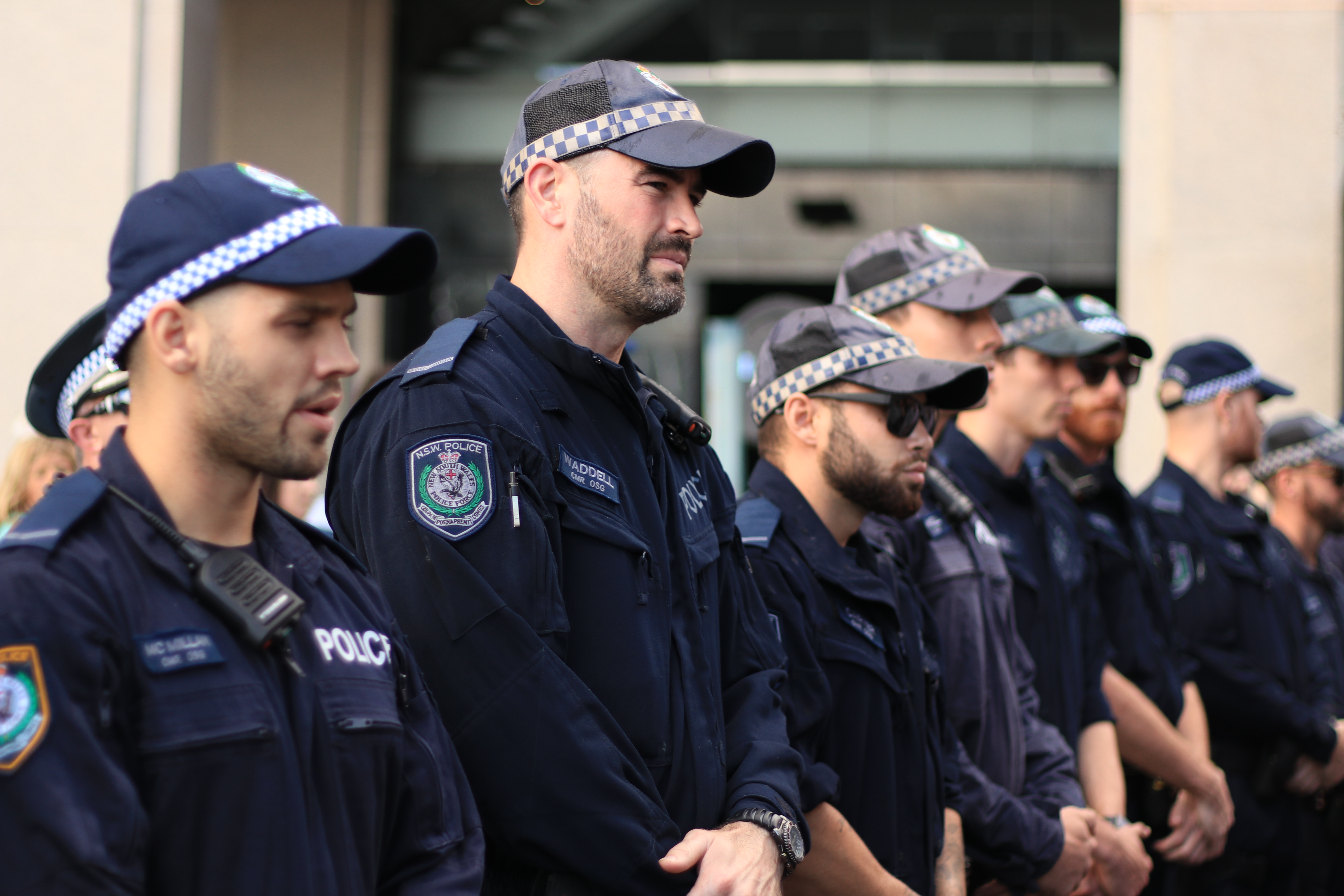
Designed to intimidate
The lawyer first saw the two officers drive past his house at 6.30 am on 28 May. They then followed his car to a tyre store, where they approached him over not having indicated out of his driveway and they found that he’d forgotten his licence.
On the solicitor’s way back home, the officers stopped him again to check his car for roadworthiness and issued a defect notice.
Having decided to take a taxi to work, the criminal lawyer noticed the two officers tailing him again. After his client arrived at his office and announced the police were doing laps of the carpark, the solicitor went outside to find the officers sitting on the bonnet of their car staring at him.
Local police told the legal professional’s associate over the phone that they couldn’t do anything about the harassment. So, the lawyer turned up to court and told the magistrate what had happened. And she went on to adjourn the proceedings, noting the solicitor “was shaken up”.
The lawyer then attempted to leave the courthouse, only to see from five to ten Raptor officers gathered out the front. By that time, he felt so intimidated that he went back to the magistrate and asked if he could use her exit to leave discreetly.
And on the following morning, after he’d told his client to find different representation, effectively dismissing himself from the case, the lawyer then found the same pair of officers in his workplace carpark attaching a noise control notice to his motorcycle.
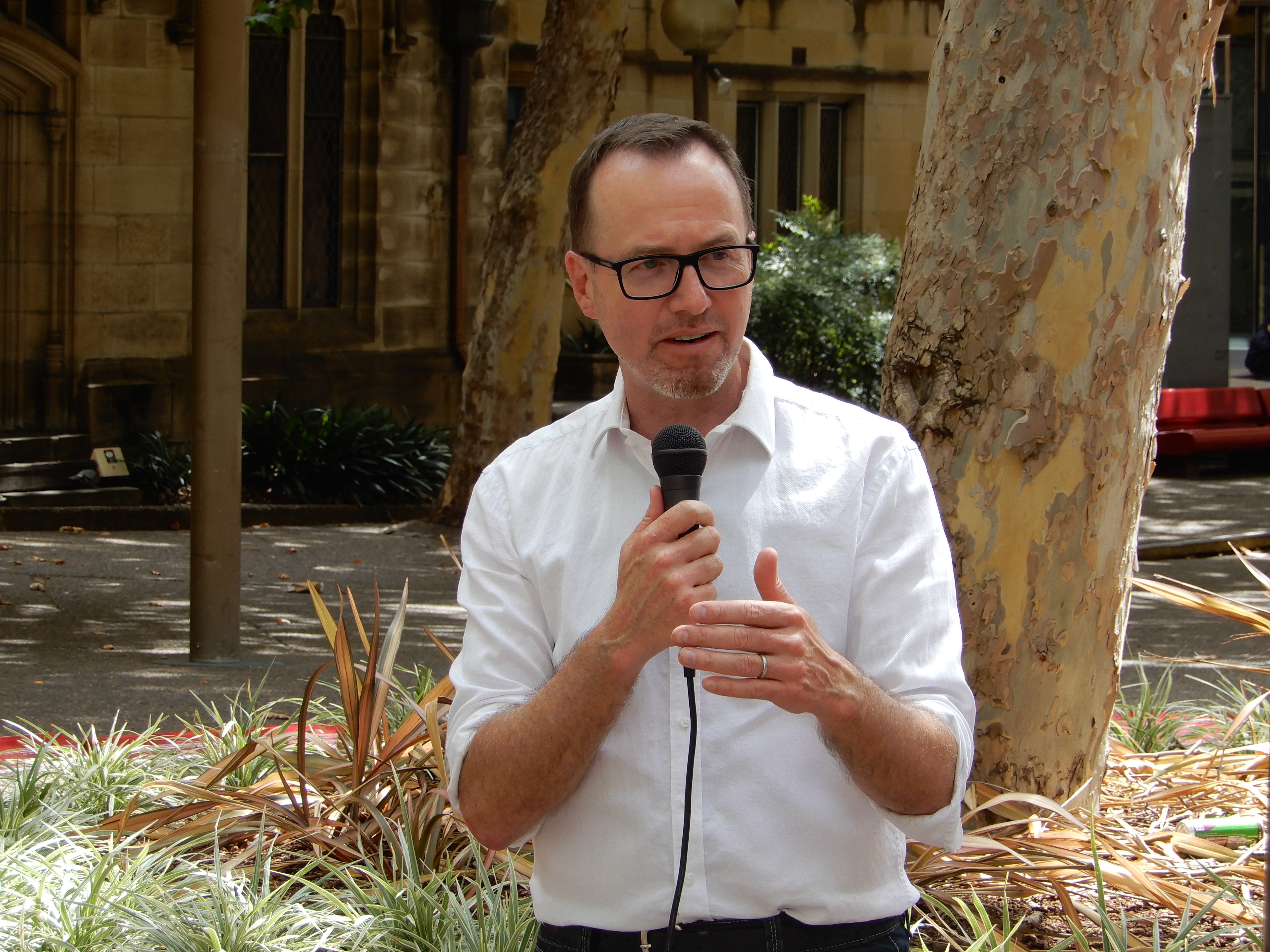
Legal action on the horizon
“Strike Force Raptor is notorious for its aggressive policing strategies,” Shoebridge stressed. “I’ve had reports of a series of incidents where they’ve acted aggressively towards legal representation.” He added that none of those reports had reached the threshold of the current inquiry incidents.
Internal restructuring saw Strike Force Raptor become a standalone unit with a broadened scope in February this year. At the time, NSW police commissioner Mick Fuller said its track record is exemplary, and its policing strategies are “relentless, high-impact and in-your-face”.
In delivering her findings, LECC Commissioner Drake set out that she had initially determined the two officers, and the commander who gave the order, should be dismissed. However, due to consideration of prior management issues, she recommended internal discipline.
“The commission is concerned about the sense of entitlement that can develop in an elite strike force and was demonstrated by this conduct,” Commissioner Drake wrote, adding that the officers intimidated the lawyer to the point that he couldn’t represent his client “to the best of his abilities”.
Shoebridge said he accepts the LECC’s findings. But points out that this issue isn’t simply an organisational problem but a legal matter too. And numerous lawyers have been suggesting there should be a prosecution of either contempt of court or an attempt to pervert the course of justice.
“What has become increasingly troubling is this sense of impunity from the commissioner down,” Shoebridge concluded. “They have the power, there are few people holding them to account and they’re going to exercise that power regardless of the rule of law or basic fundamental rights.”
“If that doesn’t trouble people, then it should.”






